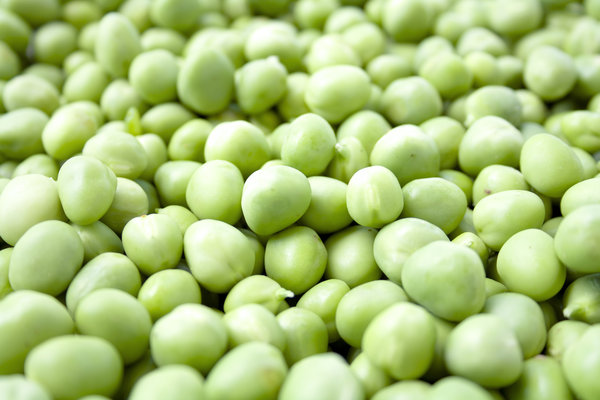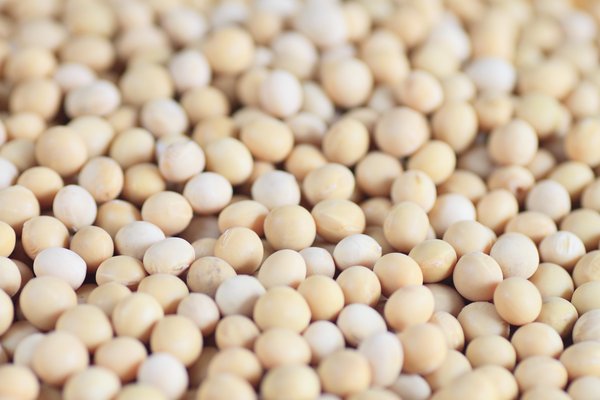Peanut protein

Peanut protein is a vegetable protein obtained from peanuts. It has a high protein content and contains many essential amino acids that are important for building and maintaining muscles, skin, hair and nails. Peanut protein is also rich in fiber, which aids digestion and can increase the feeling of satiety. It also contains important minerals such as magnesium, iron, zinc and copper as well as vitamins such as biotin, niacin and vitamin E.
Peanut protein can be a good dietary supplement for dogs, especially if they are allergic to animal proteins or are on a vegetarian or vegan diet. Peanut protein can help meet protein requirements and improve skin and coat health. It can also be used as a treat or reward as it has a nutty flavor that many dogs like.
However, there are also some drawbacks and risks to using peanut protein for dogs. For one, peanut protein can lead to weight gain if fed in excessive amounts. Peanut protein has a high calorie content and can therefore quickly lead to overfeeding. Therefore, the recommended dosage should always be adhered to and the total amount of food should be adjusted accordingly.
Secondly, peanut protein can also trigger or aggravate allergies. Some dogs are allergic to peanuts or other nuts and show symptoms such as itching, skin rash, diarrhea or vomiting. In rare cases, this can even lead to a life-threatening anaphylactic shock. You should therefore always have an allergy test carried out before giving your dog peanut protein. You should also make sure that the peanut protein does not contain any additives such as sugar, salt or preservatives, which can also be harmful.
Peanut protein can be a good source of protein for dogs if a few things are kept in mind. It has many health benefits, but also some disadvantages and risks. You should always check the quality and quantity of peanut protein and have your dog tested for possible allergies.
If you notice any signs of hypersensitivity or poisoning in your dog, you should see your vet immediately. We are not a substitute for a vet, but we try to be as accurate as possible. Every dog reacts differently and we recommend you get a second opinion or consult your vet if in doubt.
Stay healthy and take good care of your four-legged friend!😊
Similar to Peanut protein
Pea protein has several advantages for dogs that make it an attractive ingredient. Firstly, pea protein is hypoallergenic, which means that it does not trigger allergic reactions. This is...
Soy protein is the protein contained in soybeans. The soybean is a legume and originally comes from East Asia. There it has been used as a food for thousands of years. Various products are made from...
Almond protein is obtained by pressing almonds to extract oil and then drying and grinding the remaining almond meal into a fine powder. This powder is rich in protein and other nutrients, while...
Rice protein is a powder made from rice grains. The carbohydrates and fats are separated from the protein and the protein is concentrated. Rice protein contains all the essential amino acids that...



